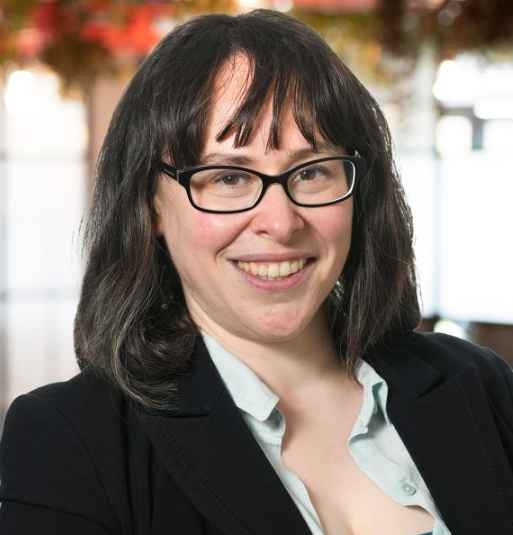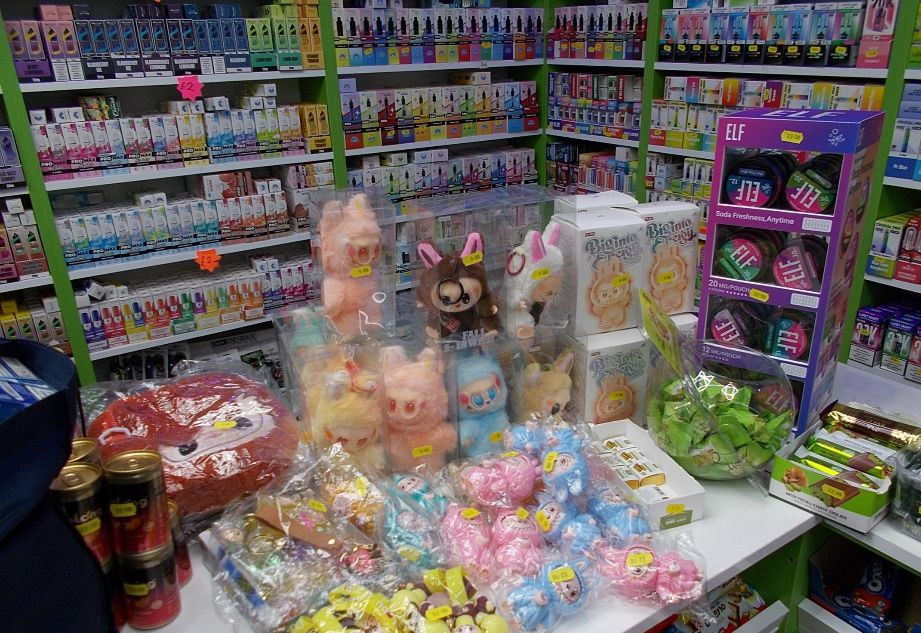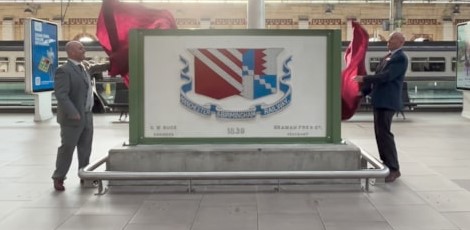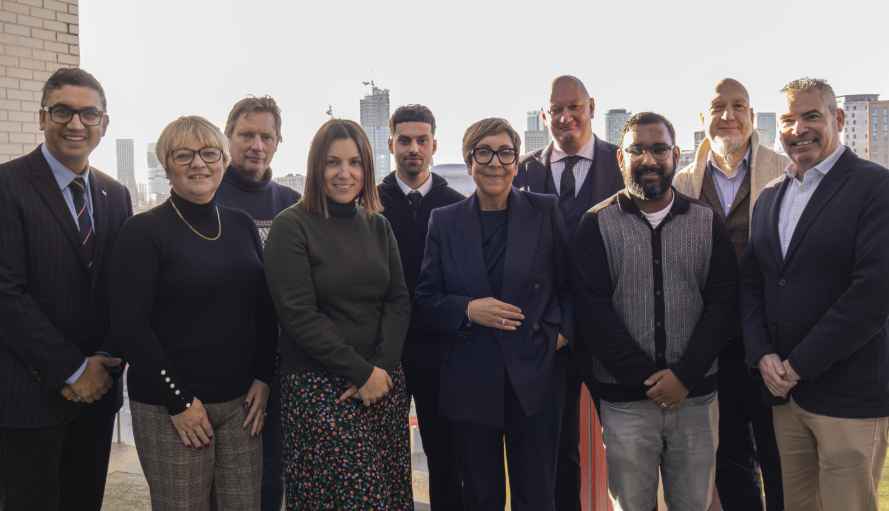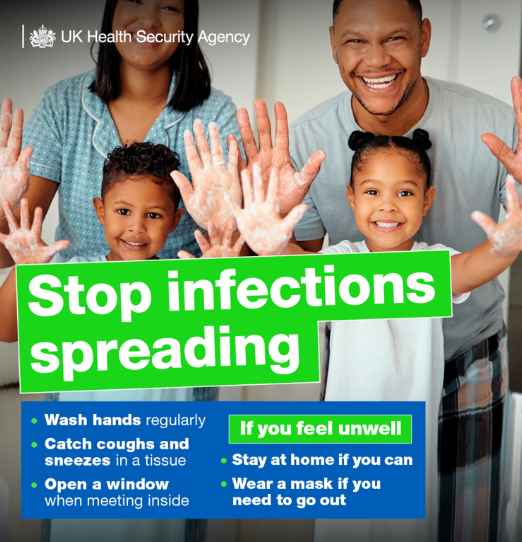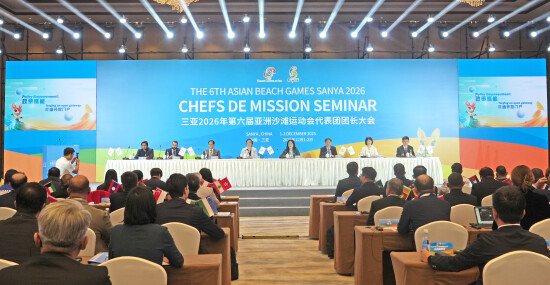The Zimbabwe Media Commission (ZMC) is leading the charge for a disability-inclusive media landscape that is accessible to all Zimbabweans, regardless of their abilities.
The push aligns with the country’s constitution, which guarantees the right to access information for everyone. People with disabilities face significant hurdles in accessing information, as highlighted by visually impaired activist, Tendai Dimikira.
“There is a challenge, even on TV we just hear ‘see in action’ and then a picture is shown, then there is silence, so we begin to wonder what is happening,” said Dimikira.
“We are surprised when you show pictorial expressions because these are not helpful to us people with visual impairment…. The print sector doesn’t even trouble themselves about us, they say we can’t afford to buy newspapers, but even a monthly journal would help us and it would be printed by government printers.”
To address these barriers, the Zimbabwe Media Commission is in collaboration with Signs of Hope Zimbabwe to lobby for disability-inclusive media. “We are in partnership in advocating for access to information for all people with disabilities, because we know everyone has a right to access information of what’s happening in the country, for instance when the Covid pandemic brought out only a few people with hearing impairments heard it so that’s where we had to come in,” said Signs of Hope Zimbabwe’s head of service, Ms. Jenifer Madhiriza.
ZMC’s public information manager, Mr. Brian Tomo said: “Sections 61 and 62 of the constitution talk of access to information.
“We are talking about the Freedom of Information Act, which supports these two sections. There is a need for people with disability to access so there is a need for entities to ensure that information is accessible in form people with disability can access, we are talking about braille, sign language.”
The recent National Disability Expo served as a platform to challenge organisations to voluntarily produce public information in accessible formats and to recognise the diverse needs of people with disabilities.


